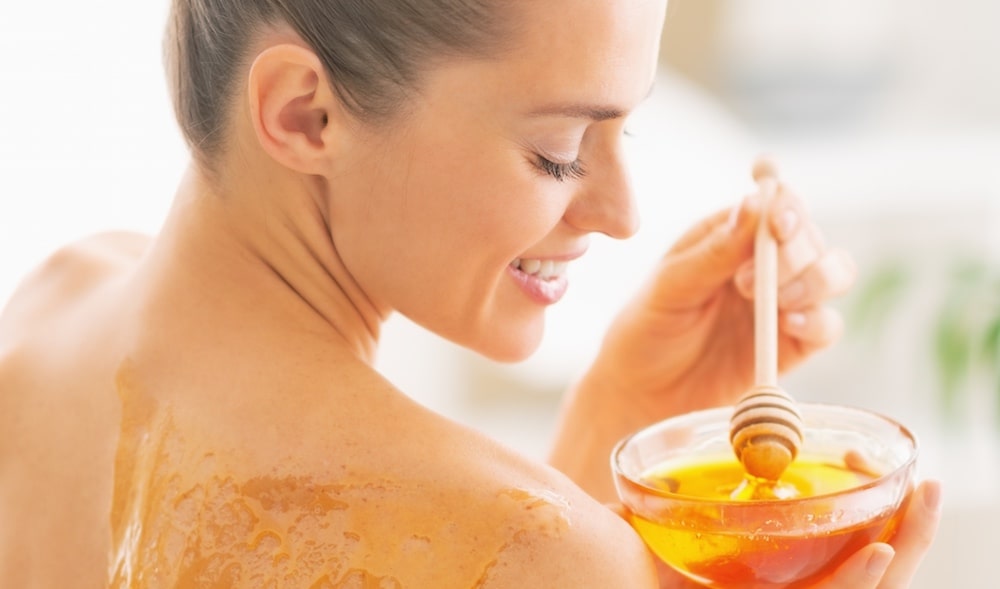
Propolis: honey for the skin
The term Propolis comes from the Greek meaning ‘outside the city’. Although propolis has impressive positive effects from the inside and outside, the substance has received little attention in recent years. The reason is that the cosmetics industry now works increasingly with chemical ingredients. But it’s worth knowing more about propolis because it can be used brilliantly in skin care.
How effective is propolis really?
It has been scientifically proven that propolis inhibits the growth of harmful fungi, viruses and bacteria, even in the hive, the source of the valuable substance. Propolis can also benefit the growth of new, healthy cells without encouraging excessive cell growth. Hundreds of years ago people knew the special effect of propolis, and today natural practitioners and cosmeticians value it highly. The purpose of propolis in the hive is a good example of how effective it is in nature. To enable bees to protect themselves against harmful viruses, they make a type of viscous secretion using saliva, flavonoids and wax, which they use to seal little gaps in the hive. This building material is propolis. It can be collected and processed by beekeepers.
What benefits does propolis have for the skin?
Propolis not only supports skin cell renewal, but also has a positive effect on inflammations, eczema and irritations. It makes the substance a wonderful component of body care. Formulas containing propolis are often enriched with other calming substances such as sage and camomile to increase the effect. Blackheads, spots and other blemishes are reduced because the bacteria are killed by the propolis. If you suffer badly with spots, it’s a good idea to buy a highly concentrated propolis tincture from the pharmacy. Soak a cotton pad in it and dab it onto the affected area several times a day.
Propolis is also good for wounds: it is great for treating flaky, cracked skin and abrasions. Combined with caring aloe vera, it also helps alleviate sunburn.
You can also benefit from propolis if you have neurodermatitis. Red, dry and inflamed areas should be treated several times a day with caring lotions or light tinctures to keep them moist and soft. This helps to protect the natural barrier and to keep harmful bacteria out of the skin.
It’s not easy to generalise about which propolis product is best. Pure propolis is available from the pharmacy, as well as many creams, lotions and other cosmetic products containing the valuable natural ingredient. A cream based on natural substances and containing propolis is suitable for daily skin care for normal skin. But if you want to combat blemishes or inflammations, highly concentrated tinctures or serums from the pharmacy are often the best choice.






